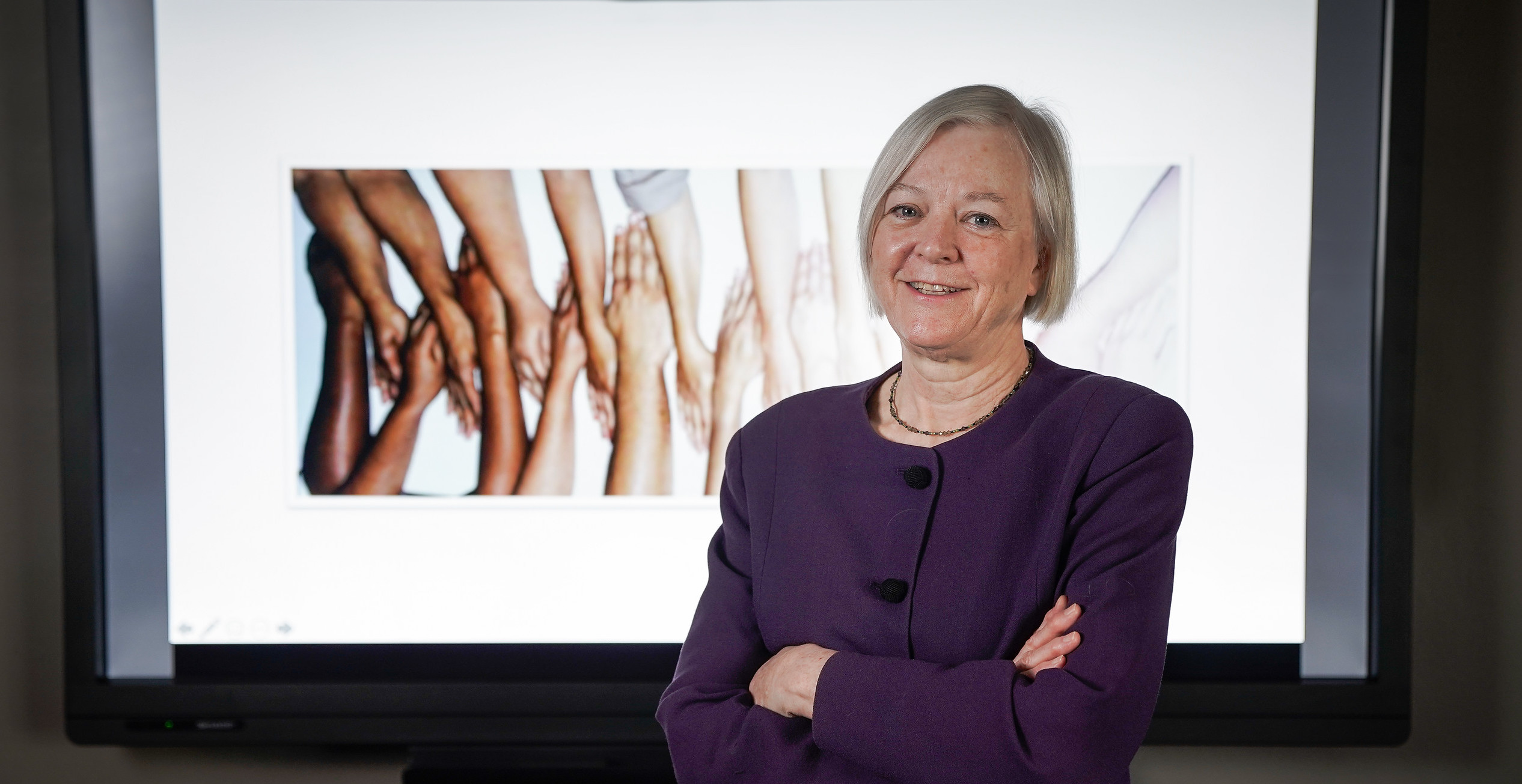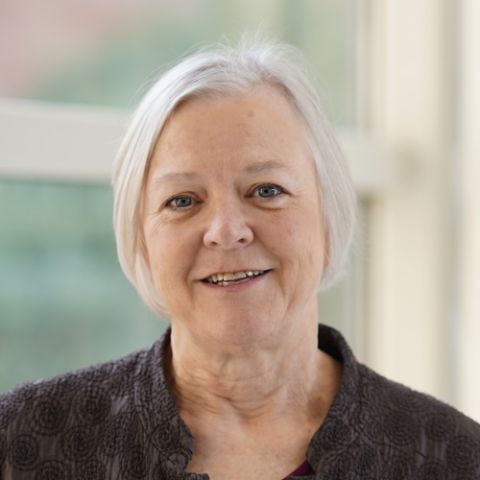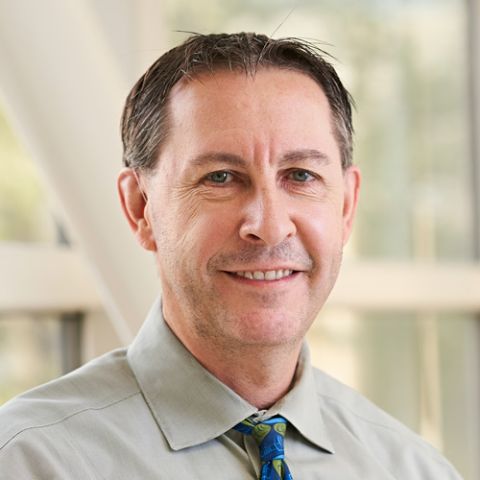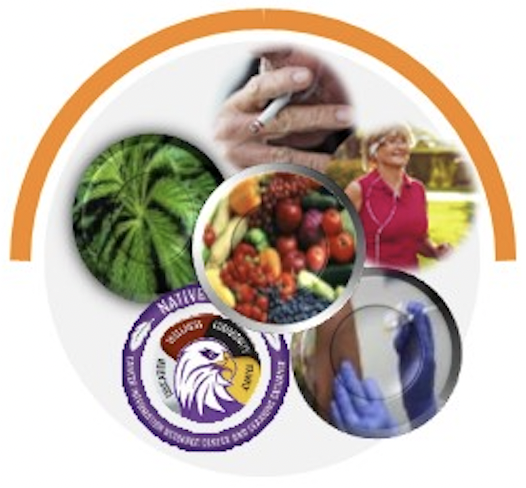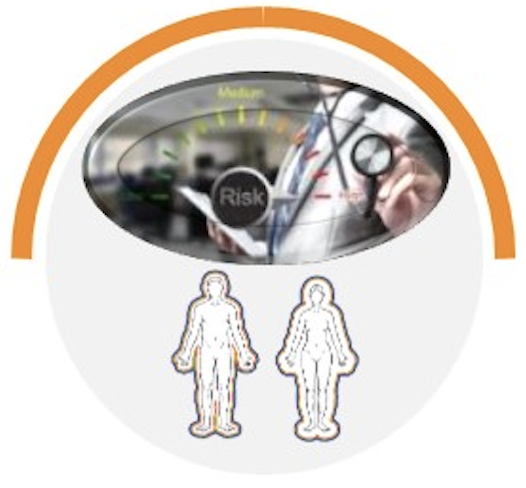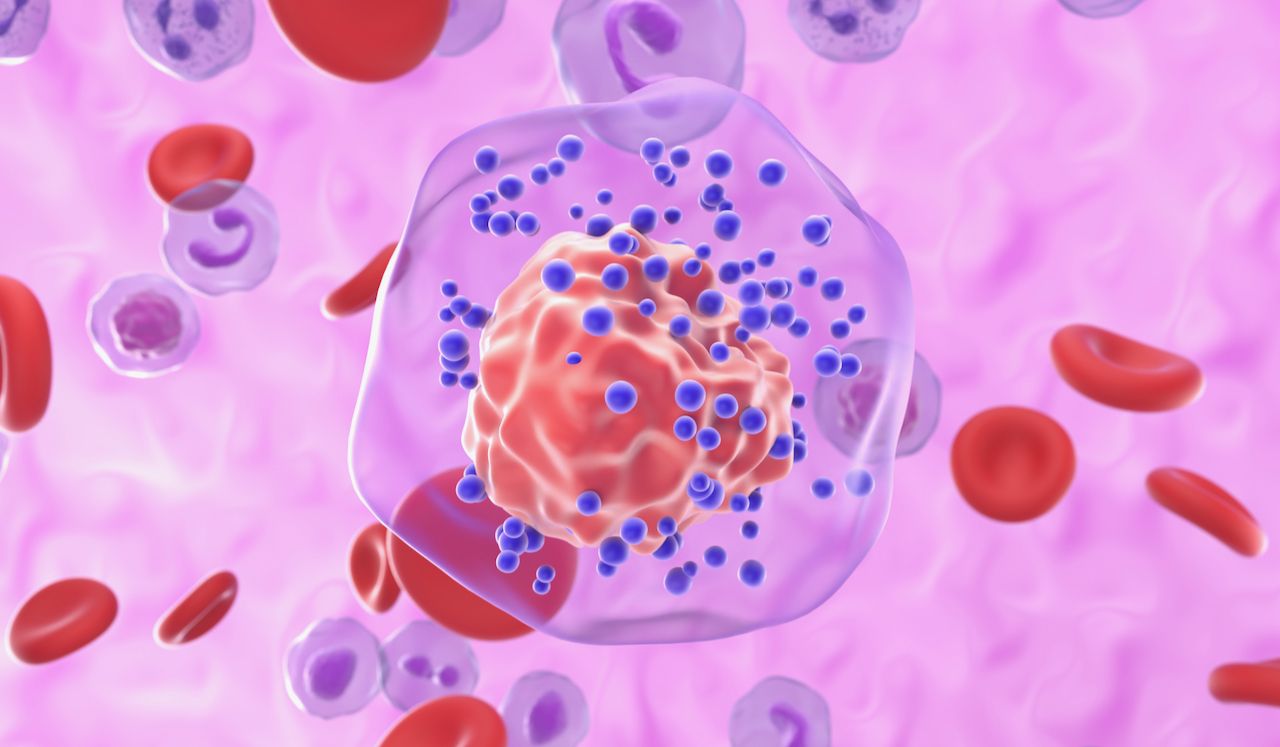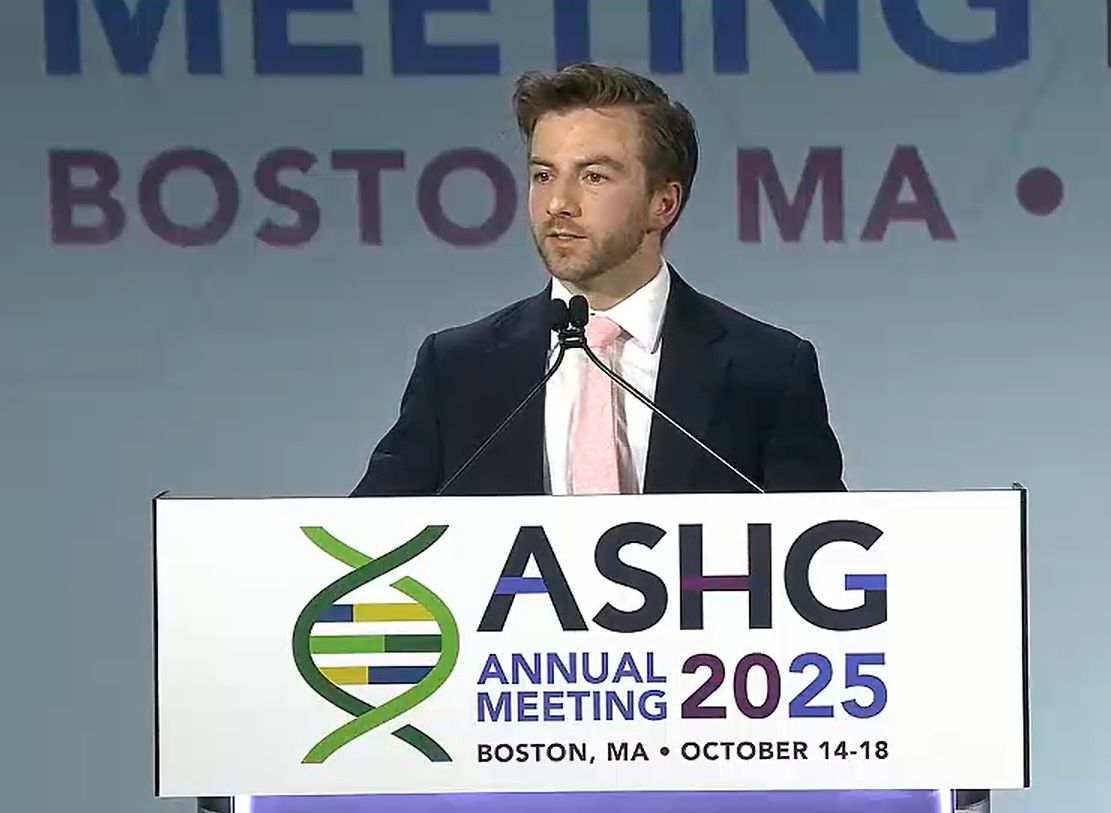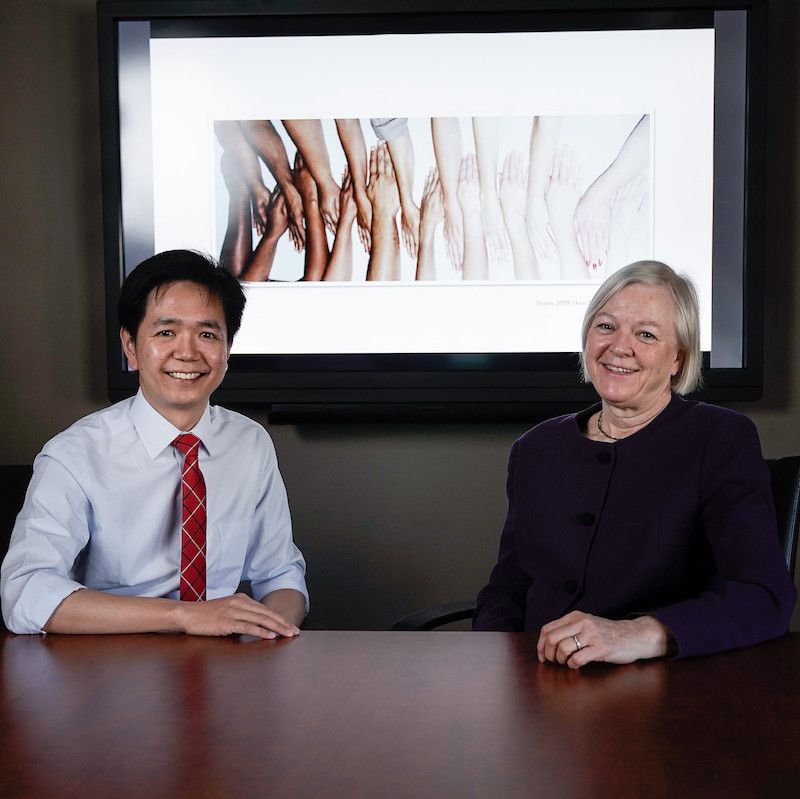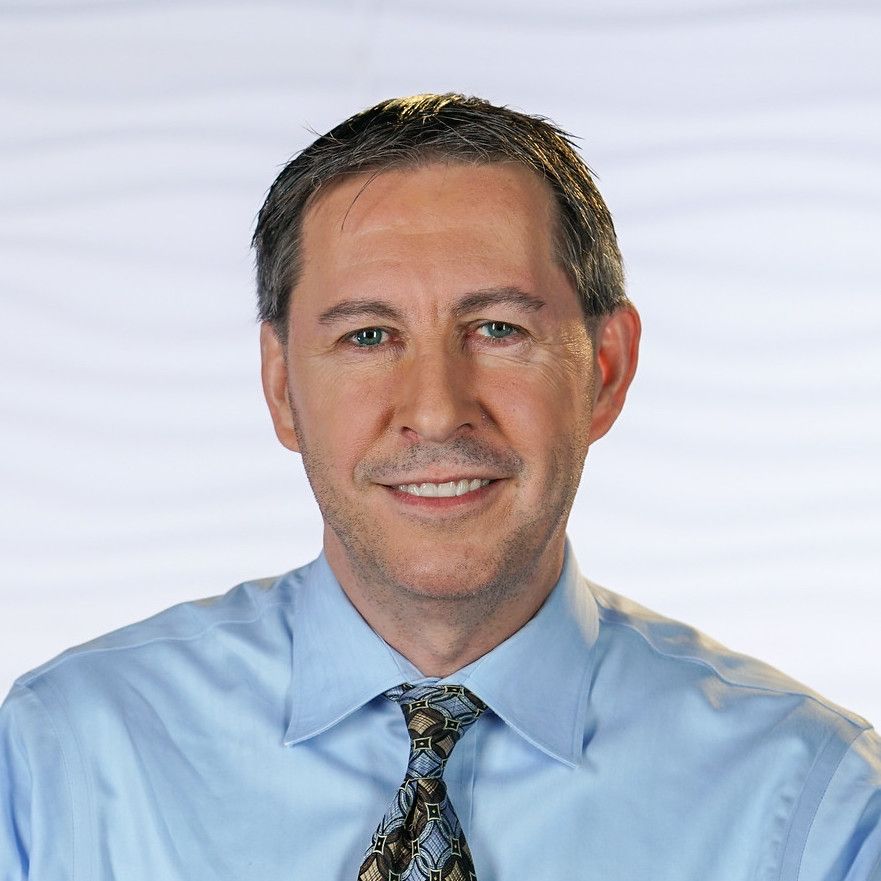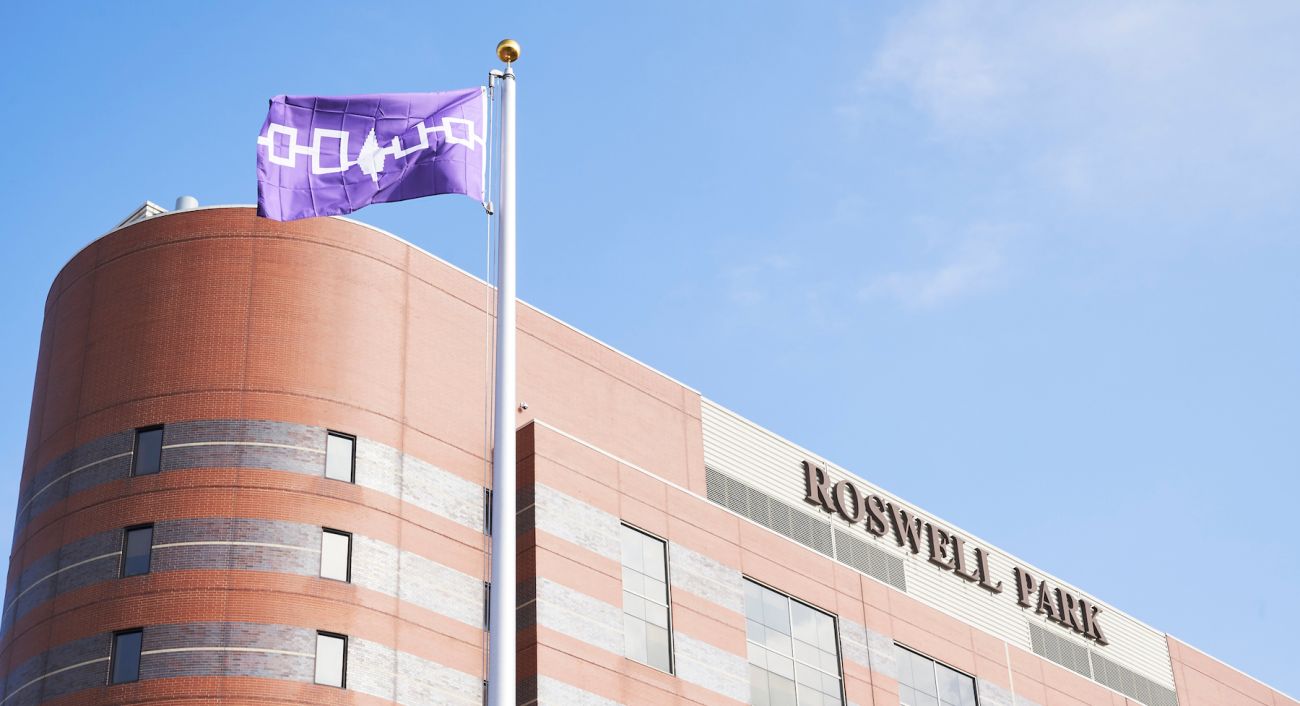Translating cancer science into prevention and intervention
How can we reduce the risk of getting cancer?
We know that tobacco use, environmental exposure, and genetics are big risk factors in developing cancer. But we also know that those are just a few of the circumstances that can determine who will develop cancer — and we’re still learning how to identify, assess and prevent their impact.
From biomarkers for early detection and diagnosis, to long-term epidemiological studies, the scientists in Roswell Park’s Population Sciences Program explore the cause and progression of common cancers, and develop intervention programs to address cancer in the community.
Because low resourced populations bear a disproportionate share of cancer morbidity and mortality, our multidisciplinary team also investigates cancer health disparities; access to screening and care; and biologic, genetic and lifestyle factors.
Program goals
The overall goal of the Population Sciences Program is to decrease cancer morbidity and mortality through the identification of exposures and genetic factors that affect cancer risk and prognosis and to develop primary, secondary, and tertiary cancer prevention interventions.
Aim 1: Primary prevention
To reduce cancer risk by intervening on modifiable risk factors, especially the burden of smoking-related cancers, with research efforts focused on the individual, regional, national and global levels.
Aim 2: Understanding risk
To use molecular epidemiology to elucidate cancer risk and underlying biologic mechanisms.
Aim 3: Treatment outcomes
To investigate factors that influence cancer treatment outcomes, for insights into interventions to enhance quality of life and improve survival in our cancer patients.
Research highlights
Roswell Park Leads Largest-Ever Genomic Study of Triple-Negative Breast Cancer in African American Women
“We tend to link TNBC with deficiency in DNA damage repair and with younger women, but now we see evidence that aging and obesity may play a role in the development of TNBC as well.”
Presenting groundbreaking research
Peter Fiorica, a doctoral candidate in our cancer prevention graduate program, received a Trainee Research Excellence Award and gave a presentation during the American Society of Human Genetics (ASHG) annual meeting in Boston earlier this month.
Aggressive Breast Cancers in Black Patients Related to Immune Factors, Roswell Park Team Reveals
“We observed in the tumor microenvironment of breast cancer in patients of African descent a distinct signature of exhausted versus total CD8+ T cells, and noted further that this immune cell profile is associated with poorer breast cancer survival.”
Latest PATH Findings: E-Cigarette Use Increasing, But Less Likely to Lead to Long-Term Habit
“The most surprising finding was that while we know cigarette smoking is persistent, and we see use of electronic cigarettes, or e-cigarettes, increasing, especially among young people, what we are not seeing is that e-cigarette use is anywhere near as persistent as cigarette smoking.”
Spotlight: Department of Indigenous Cancer Health
Roswell Park is located in the homelands of the Haudenosaunee or Iroquois Confederacy — a league of Indigenous Nations who have the first treaties with the United States.
Indigenous communities face some of the greatest cancer related challenges including decreased access to screening, higher mortality rates and persistent challenges in health disparities.
In January 2020, Roswell Park’s Department of Indigenous Cancer Health launched with a simple and ambitious goal: to reduce the impact of cancer on these at-risk populations regionally, nationally and internationally.
Education & training
In addition to our research, clinical trials and community outreach, Roswell Park is committed to training the next generation of basic and clinician scientists to treat and defeat cancer.
Trainees in our Cancer Prevention PhD track study closely with program members and participate in all phases of basic and translational research.
Contact us
Gregory L. Ciupak, MPH
Program Administrator
Phone: 716-845-8863
Email: Gregory.Ciupak@RoswellPark.org
